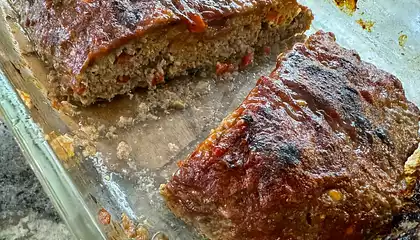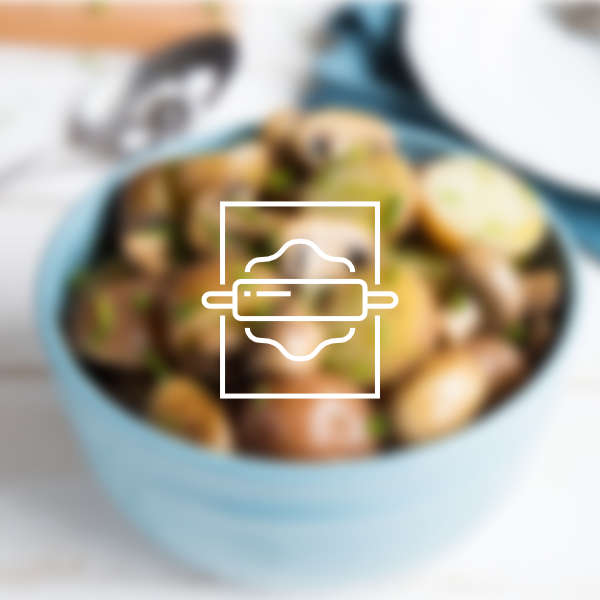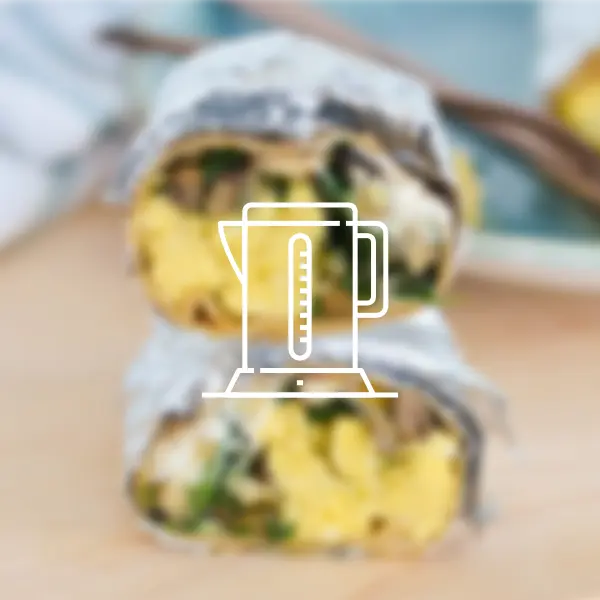White fish sauce/7 recipes
by ingredients, cooking time, nutrition facts, collections
19,033 WHITE FISH SAUCE/7 recipes

Learn techniques to make a moist meatloaf main dish with traditional and several surprising ingredients that work together to hold in moisture while enriching the sweet, tangy glaze.

So easy to make, and it was delicious. I used fresh tomatoes that were growing in my backyard. The dish was refreshing and flavourful. Have added it to my recipe box. Now I have another way to cook my garden fresh tomatoes.

Bring your family or friends together with this succulent pork roast that is simmered to perfection in ginger ale.

A great chicken casserole with a nice tangy sauce and just the right amount of crunch from the topping. It is one of our family favorites. The kids always ask for it.

This cake is light and airy with a creamy coconut buttercream filling and delicate meringue frosting. Sooo good!

This is a classic Japanese dish, first made famous by the chef Nobu Matsuhisa and served in all his Nobu restaurants. Serve with steamed spinach and brown /black rice or quinoa for a simple, but delicious dinner.

Tataki is a typical Japanese preparation in which beef (or fish) is seared on the outside, left very rare inside, thinly sliced and served with a citrusy soy sauce. This recipe delivers the citrus flavour from ponzu with a hint of heat from chilli and wasabi.

Kedgeree is a traditional British breakfast food originating in India. Made with smoked haddock, a lean white fish high in protein, it is subtly spiced. Consider using unsmoked fish and substituting brown rice for the traditional white basmati.

This is a very simple recipe for roast chicken. Serve with roast vegetables and/or salad. If you opt for grains, choose whole grains such as brown rice instead of white, or mix brown and white rice together to increase the fiber content.

You can use any type of wholegrain rice you like - but try to stick to non-white. There are many wonderful whole grain rice varieties that would work well in this dish - brown rice, red rice, or black rice.

Choose wild salmon to reap the health benefits of this fatty fish. Wild salmon is easily identifiable as its flesh is bright red and contains very little fat (very thin white stripes in the flesh). Since wild salmon swim in the wild eating what nature intended them to eat, their nutritional profile is more complete. Farmed salmon, by comparison, are fed an unnatural diet of soy and corn (never found naturally growing in the ocean!) along with chicken and feather meal. This unnatural diet means that the nutritional content of farmed salmon is markedly different from the wild variety. In particular, its omega-3 fatty acid content is much lower. Farmed salmon also contain a lot more fat (since they can't swim around as freely) and are often carriers of toxic viruses.



